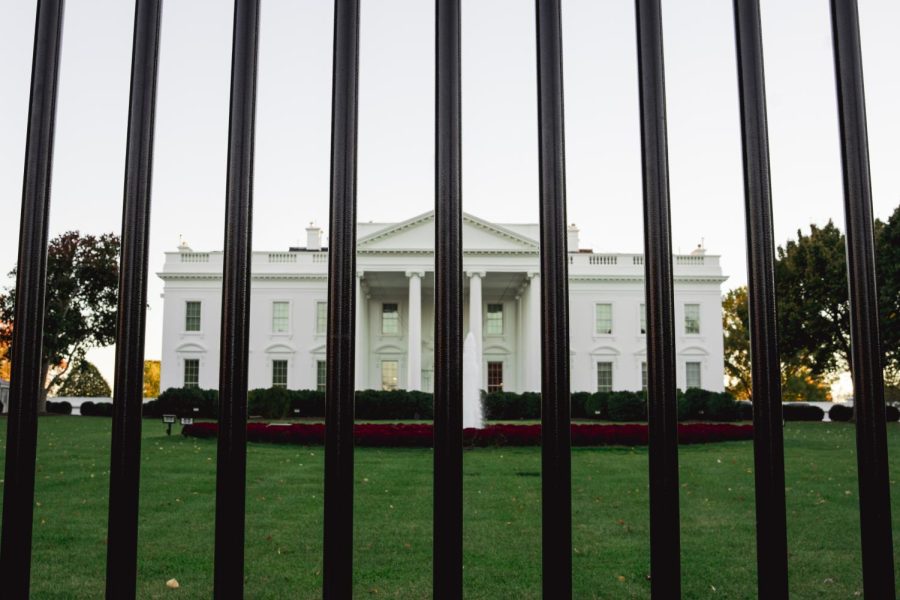OPINION: As gun violence continues to surge, America can take heed of other countries’ policies
Kennady Basdekis-Morin / Hilltop Views
If America takes note of legislation in other counties surrounding guns, we may be able to follow suit with proper regulation.
There were several shootings across the country last week. Two people were killed at a high school in St. Louis on Oct. 24. Two nurses were shot in Dallas on Oct. 22, and 11 people were injured in a shooting at a fraternity house in Baton Rouge on Oct. 21. America has always had a culture around guns, and it all seems to boil down to the exaltation of the constitutional right to bear arms. However, the zealous admiration of gun ownership in this country has ended up creating its own monster: gun violence.
In 2022, 37,011 people have died from gun violence and there have been a total of 565 mass shootings. It’s a problem that seems to have no solution. Any attempts at regulation feel like a Sisyphean effort as lobbying groups and politicians make it difficult to pass effective legislation. Even though gun violence poses a significant safety issue, it seems that no matter how many people die, nothing will convince Republicans or Democrats to come together and solve this problem quickly. Unfortunately, it looks like this country cares more about firearms than people’s lives.
The main roadblock to proper regulation would be the arguments against it. Tackling gun regulation is a tricky situation because both pro- and anti-gun sides both have very good arguments. One argument against regulation claims that increased background checks and databases are an invasion of privacy. The National Instant Criminal Background Check System (NICS) is a well-known example of one of these databases. Under federal law, the FBI has 3 days to complete a check. However, there is a loophole in the system where the default is to allow the purchase after this allotted time while the FBI evaluates a check further, which is counterintuitive to the logic of a background check to receive a firearm before it’s complete. Those in support of regulation endorse common-sense gun control measures, like extensive background checks. Yes, there is some degree of privacy being invaded if you do a background check, but background checks are common. Whether it’s for a new job or a volunteer position, people are often expected to consent to a background check. No one is protesting against background checks because it is common sense. So why should it be an issue to expand background checks further for guns? Shouldn’t there be universal background checks to keep people safe? If the concept of a background check is to vet individuals and protect others, it is a necessary evil, no matter how frustrating the process may be.
Perhaps what is needed is the proper understanding of effective gun regulation. This can be achieved by looking at countries with restrictive gun policies and introducing pieces of their legislation into ours. A good example is Australia’s policy on restrictive licensing procedures, which includes an almost month-long waiting period for first-time applicants. It’s imperative that more stringent rules for obtaining a firearm are implemented. Restrictive gun regulation or extensive background checks won’t fix the problem immediately; but the harder it is to obtain a firearm, the safer the community will be over time. We can’t keep doing the same thing and expect a different outcome. Something has to change.







